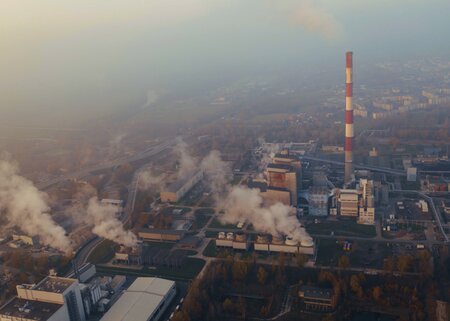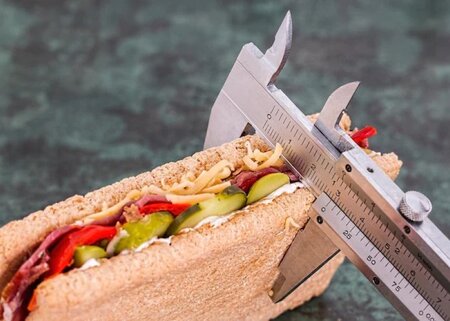Undrinkable Is Unthinkable – Check Your Emergency Water Supply Today
During the 1990s, Henry Cisneros was the U.S. Secretary of Housing and Urban Development. He traveled to 200 cities in all 50 states, looking for deficiencies in the country’s infrastructure.
Here’s what he said after concluding his tour...

Henry Cisnero

You’d think the government would have made this issue a higher priority by now. But not according to a recent report. It came from the Department of Civil and Environmental Engineering at the University of Iowa.
The report declared that “our aging water infrastructure… represents a community health hazard of enduring significance. Particularly lead pipes, solder and faucets.”
There are a wide variety of events that could result in water contaminations in your area. The most likely are extreme weather events. As we’ve seen repeatedly.
Wildfires, earthquakes, draughts, tornadoes, and floods can all have the same effect. Not to mention terrorist attacks, epidemics, and environmental disasters.
With self-sufficiency and preparedness in mind, these items are used for everything from opening packages to minor repairs to problem solving. Toss self-defense and first-aid into the mix as well.
These items will be different for each individual. And will depend on the person’s mindset, environment, and access to those items.
In today’s world, with all its emergencies, crises and disasters, being prepared isn’t just for survivalists. It's for anyone who values safety and peace of mind.
That’s why EDC has evolved from a niche survivalist practice to a mainstream trend. EDC helps ordinary people feel prepared.
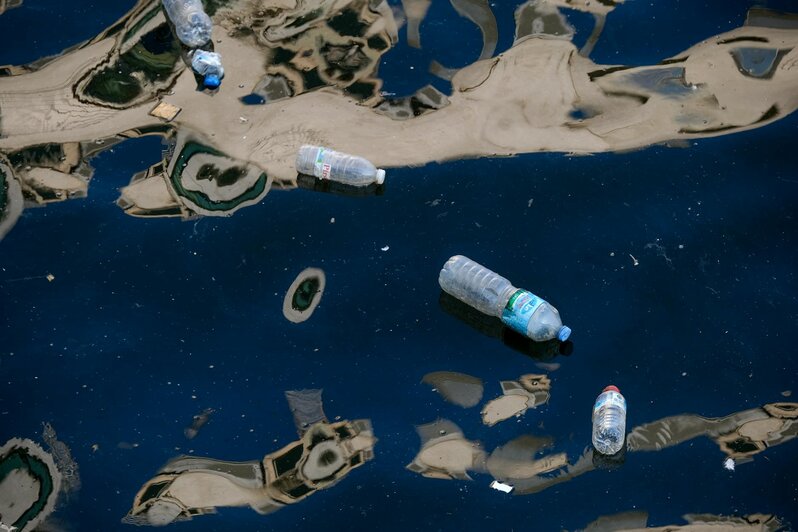
It’s up to us to prepare
Ok, so if we can’t count on the government to protect us, who should we turn to? The answer is ourselves.
We need to learn how to filter water so that it’s safe to drink during an emergency. And also safe for cooking, cleaning, and bathing.
We need to learn how much water we should stockpile for our household. And where to store it.
If all that sounds difficult and time-consuming, not to worry. That’s what today’s communication is all about. I’ve done the research and it’s all right here for you today.
Water storage tips
First, let’s look at 10 tips for storing water…
1) Store various sizes of water containers. Water is very heavy. If all you have is large containers, not everyone in your family may be able to comfortably handle them. This is especially important if you and your family are forced to go mobile in a crisis.
2) Select food-grade barrels. Blue, polyethylene plastic storage barrels for large quantities of water are popular. They’ll also help differentiate your water from your fuel. And won’t taint your water with toxins.
3) Clean the containers. Before filling them with water, dilute one teaspoon of bleach in a gallon of water. Then wash the containers thoroughly. Including insides, lips, and lids. Never store water in a container that was used to store something else.
4) Place labels on your containers. Clearly mark the date you filled the container on each label. As well as the source (filtered water, tap water, ground water, etc.).
5) Keep it in a proper place. Make sure your water containers do not have access to sunlight. It can result in bacteria and algae growth. A cool, dark place away from chemicals is best. And only use containers with airtight lids.
6) Secure the containers. Think in advance about which areas in your home would most likely be affected by a disaster. Keep containers out of there. Avoid high places. Keep your water locked away if you think looting is possible.
7) Don’t let your water freeze. Frozen water could break its containers. Plus, you might not have time to wait until it thaws before you need to drink it.
8) Filter your water before you store it. Have a water-filtering plan in place in case your water becomes contaminated.
9) Replace your supply regularly. Yes, it could last for a long time if stored properly. But replacing it at least once a year is a good idea.
10) Keep additional water containers in a separate location. If your home is destroyed in a disaster, your home water supply is likely to be ruined as well.
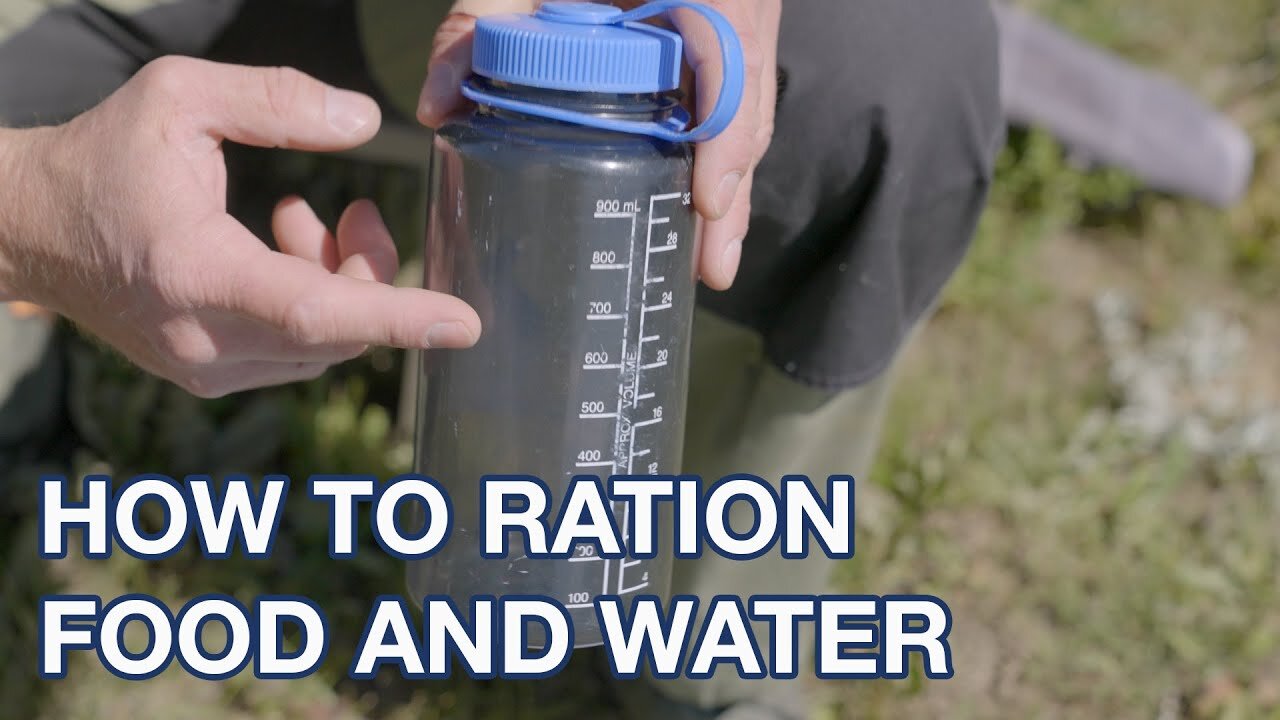
Where should I store water?
Once you’ve filtered your water, it’s time to store it in the right place.
Be sure to store water away from light and heat. A cool, dark space is best. Be mindful of the potential for containers to leak. Don’t store bottles where a leak could damage flooring.
Due to the space it takes up and its weight, storing clean drinking water is not the ultimate, long-term solution to the water contamination problem. You may have to filter water from other sources. Including streams, rivers, and lakes.
However, if you hunker down in your home during a crisis, it will pay to have as much clean drinking water stored as you can.
Short-term storage tips
• For short-term storage, rotation is important. Be sure to use and replace your cases of water. As well as water stored in repurposed containers.
• For very short-term use, such as when a disaster is imminent, fill your bathtub with water. That water should be used for sanitary purposes only.
Long-term storage tips
• If you store water in the proper containers such as water bricks and under proper conditions, you will not need to rotate the water as often as with your short-term storage. But rotate it occasionally.
• Sometimes water can develop a bad taste after being stored for a period of time. This does not necessarily mean the water is “bad.” Often, simply pouring the water back and forth from one container to another will allow the water to aerate and improve its taste.
How much water should I store and drink?
Assuming you’ve filtered your drinking water, how much should you store? And how much should you drink each day? Especially during a crisis.
For as long as most of us can remember, the answer to the latter question has been eight glasses per day. But is it really necessary to drink that much? On the other hand, are eight glasses a day enough?
The definitive answer from the world-famous Mayo Clinic is… it all depends. How much water you need each day to stay healthy depends on a variety of factors. Including your current health condition. As well as how active you are and where you live.
An average of 20 percent of the fluids we take in each day come from food. When we don’t replace the water we’ve lost, our bodies don’t function as well as they should.
Many beverages contain water, including milk, juice, and coffee, so we might get more water than we think. But as we age, we have a diminished sense of thirst. So maybe we don’t always get what we need.
Having said all that, most experts agree you should store enough water so that you’ll have one gallon per day for drinking. And another one-half gallon per day for cleaning and hygiene. Start your water storage slowly and build it up over time.
Clean water is absolutely essential for our survival. Make sure you have plenty of it ready for drinking and other uses during a crisis. And utilize your 4Patriots water filtration products for any suspicious water sources. Including your tap water.
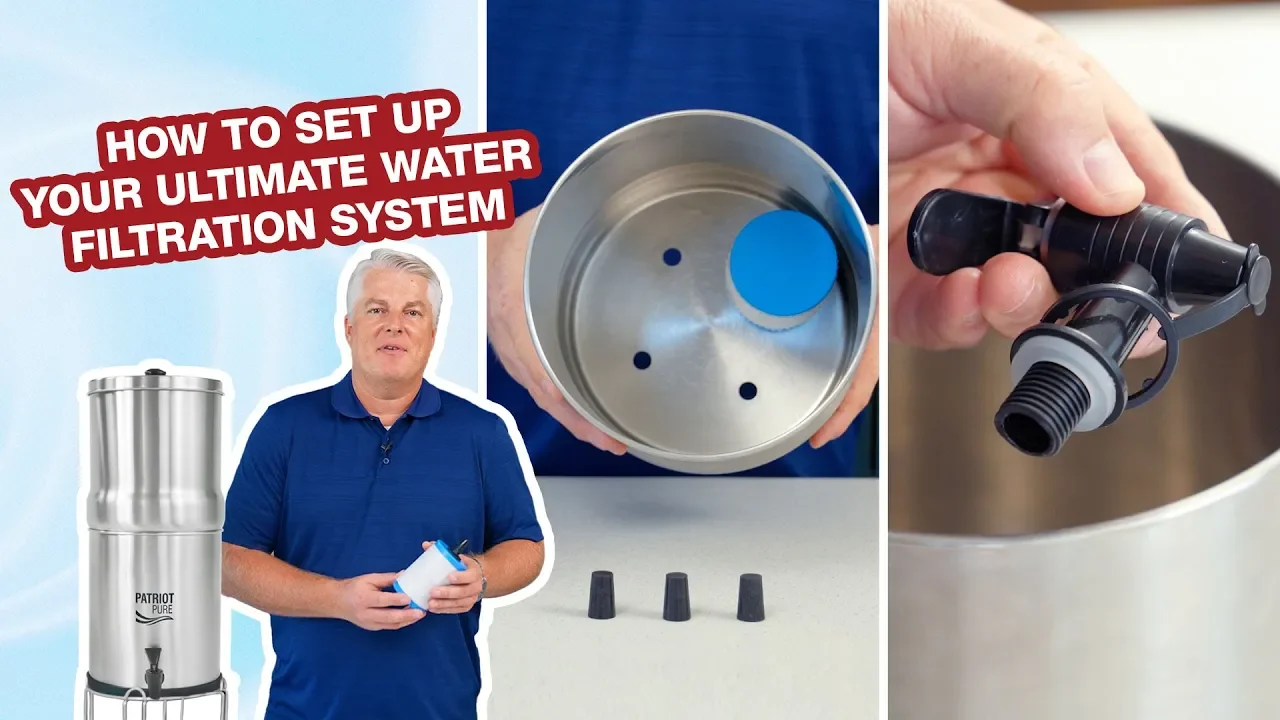
Explore More Insights
Top Emergency Essentials
References:
- All testimonials in this advertisement are from real people; sometimes names and photos have been changed to protect their privacy and some were given free products in exchange for their honest feedback. Testimonials represent exceptional results, don't apply to the average purchaser and are not intended to guarantee that anyone will achieve the same results. The organizations, publications and people referenced on this site are not affiliated with 4Patriots. They have not endorsed, sponsored or recommended this product; no affiliation or endorsement is claimed. Terms & conditions apply. Cade Courtley is a former Navy SEAL and Platoon Commander who served 9 years of active duty and has been compensated by 4Patriots for his hard work in helping us test and endorse this product. Cade Courtley is a former Navy SEAL who served 9 years of active duty and has been compensated by 4Patriots for his hard work in helping us test and endorse products.

